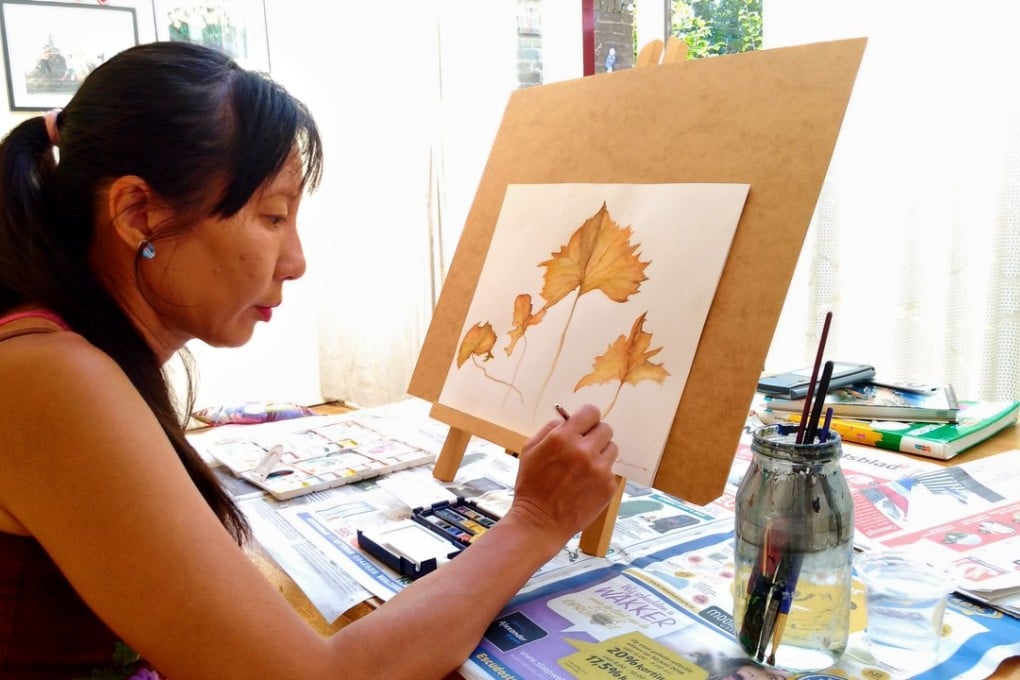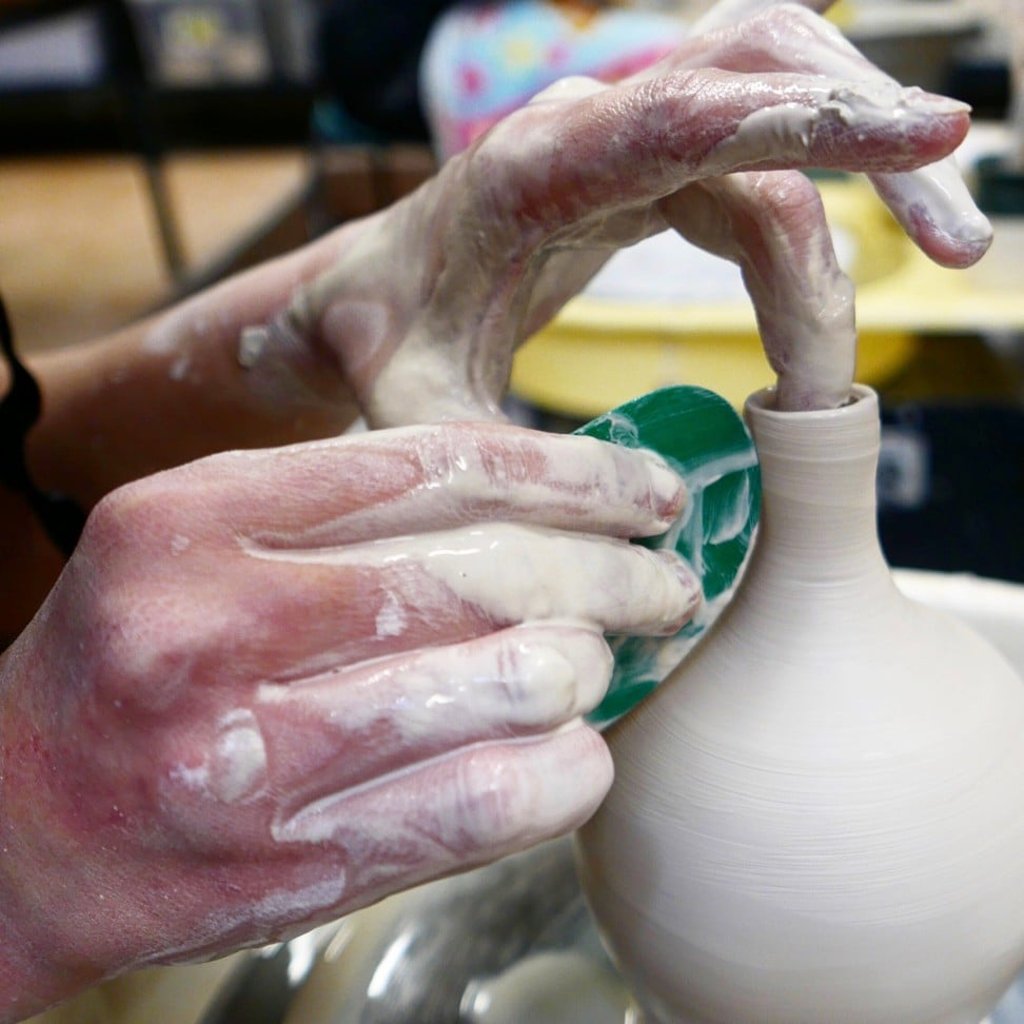What knitting, painting and pottery do to your brain, and why they can make you happier and reduce stress
Rhythmic, repetitive activities that make use of your hands and deliver an ‘effort-based reward’ at the end could alter your brain chemistry by boosting serotonin, dopamine and oxytocin, US researchers say

Amanda Chia always looks forward to her weekly pottery classes. The 43-year-old graphic designer says that working with clay on a potter’s wheel makes her feel relaxed and grounded – relaxed because any worries she has are put on hold for those few hours, and grounded because the activity requires focus and awareness.
“When I first started pottery back in 1999, a more experienced potter commented that I was impatient and heavy-handed,” she says. “He was right, because I wanted instant results, which aren’t possible in wheel-thrown pottery. So over time I had to learn to slow down and be more patient and present.”
Agnes Gerrits-Lim feels the same way about one of her favourite activities: painting. “It’s more than a creative outlet,” says the 47-year-old freelance writer and translator. “Painting teaches me to be mindful because it involves concentration and attention to detail. It’s also therapeutic, because it takes my mind off the day’s worries.”

Nivedita Raj Ramanujam, a psychotherapist and hypnotherapist at Inner Compass in Hong Kong, vouches for the relaxing, grounding and meditative effects of activities that make use of our hands.
“Provided it is done regularly, in a quiet place, and mindfully, any creative therapy that requires rhythm, repetition, creativity, attention and contemplation can induce relaxation by lowering our heart rate and blood pressure,” she explains.